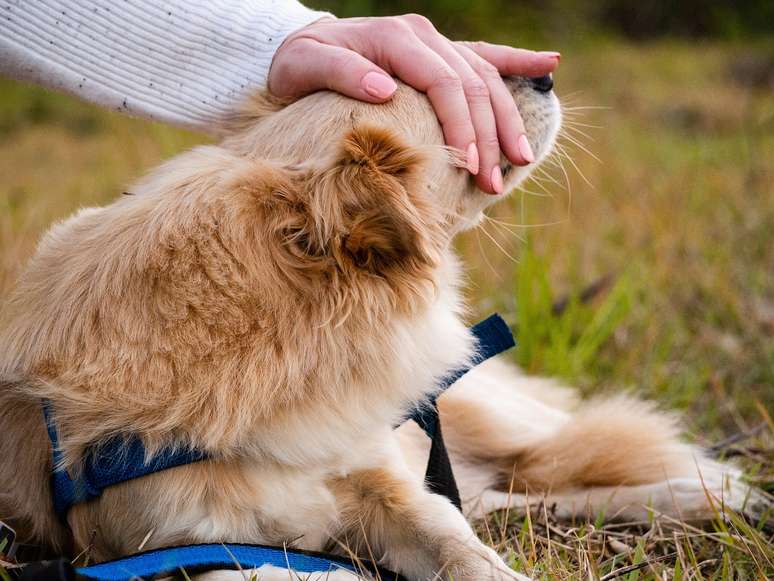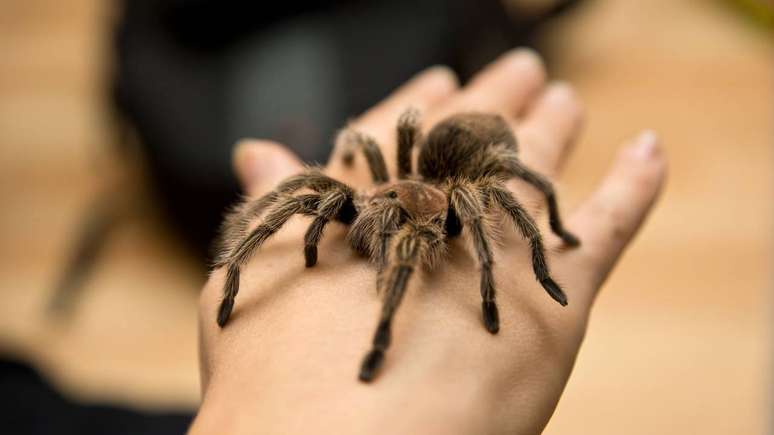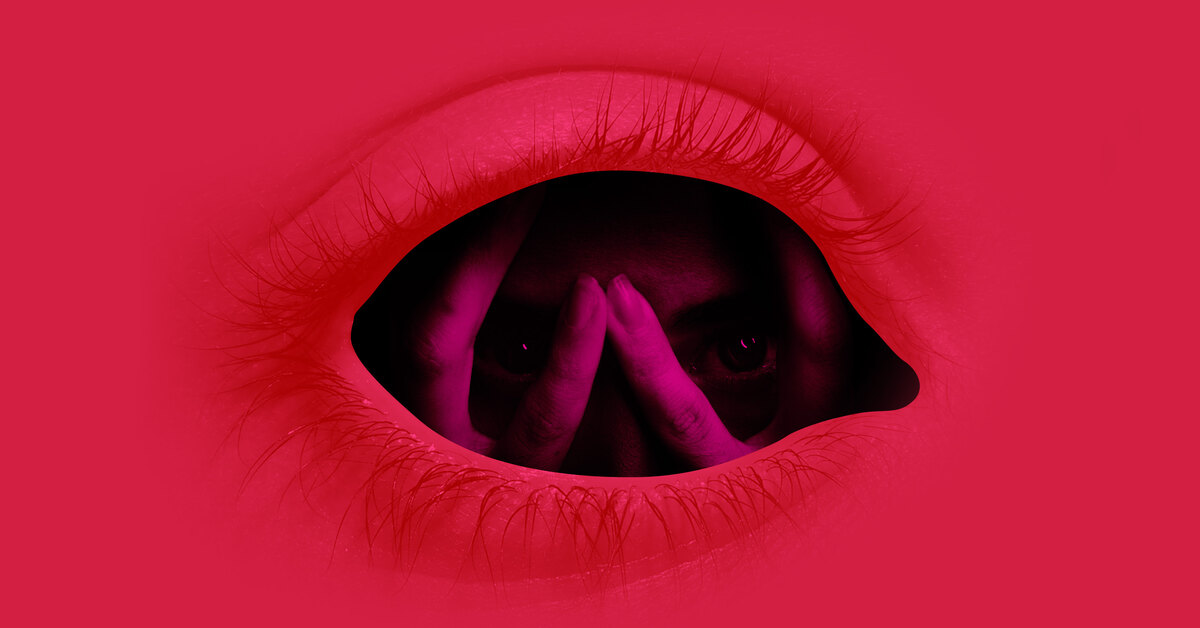Expert shares ways to ease the sadness of grief when we lose a pet Life with a pet is much more than training it or taking it for a walk. There are years of living together, memorable moments, dedication and creating a bond as special as the one with other family members. But how to deal with it […]
Expert suggests ways to ease the sadness of grief when we lose a pet
Life with a pet is much more than training or taking it for a walk. There are years of living together, memorable moments, dedication and creating a bond as special as the one with other family members. But how do you deal with the pain of losing a pet that has been by your side for so many years? HOW
accept and heal from the pain of saying goodbye to a company that awakened unconditional love and joy in us? Malu turned to a professional to better understand this process and try to make the loss less painful.
It’s a process and it can take time…
Dealing with grief involves adapting to the loss of someone very important to us. Therefore, we must see acceptance as a process and, like all evolution, it does not happen overnight: it requires time, patience and support. When faced with feelings of extreme sadness, it is common for many people to feel lost and hopeless, and it is at this point that we must be careful not to develop emotional disorders such as anxiety and depression.
For Fabiano de Abreu Agrela, a master’s in psychology, postdoctoral fellow in neuroscience at the University of California, and a member of the Society for Neuroscience and the APA (American Philosophical Association), the loss of a pet can be painful to the point of damaging different areas of the caregiver’s life. “Depending on the person, the emotional problems they have, as well as their emotional intelligence, grief can affect life as a whole and can even reveal a possible disorder. Knowing how to maintain emotional maintenance is part of a plastic process in the brain that requires intelligence.”
“When we have an animal, we need to be aware that it dies before us, depending on our age, unless we have a turtle or a parrot. Being aware of time is a smart way to achieve fullness,” Agrela advises.
Attachment to memories with the pet
As much as we know that our lives are over, just like our pets, it is difficult to accept that he will no longer be by our side, especially when he has already become part of the family and routine. In these moments, our brain is stimulated to seek comfort in memories and can end up causing even more sadness.
“A death makes our brain look for similar memories. When we activate the amygdala with negative memories, we bring back other negative memories,” explains the expert, who says that this reaction is, in fact, a defense mechanism to deal with suffering. “It’s a system that I call a series of options for better exits. You look for these memories as a form of warning.”
According to the expert, there is no standard on how one should or should not react to the loss of a pet. It is necessary to understand the particularities and context of each situation. “We must always analyze the behavior according to the individual and their aspects, according to their history and personality,” he explains. “It is also important to understand if the person has, in addition to the pet, a family member, such as children, with whom they share the emotion. Therefore, one feeling overlaps with another,” explains the professional.
When to adopt another pet?
And when is it time to adopt another pet? Can the presence of a new pet ease the pain of loss or bring even more pain to the process? The psychologist says that this answer depends on individual and emotional factors of each guardian. “The right time is when you feel comfortable and want to do it. If you think it’s not the time to adopt another animal, okay. Don’t do anything under pressure, but if you think it can ease the pain of loss, adopt another.”
The most important thing is to respect your feelings and your time. There is no ideal time for adoption, but rather the time when each person will be prepared to welcome a new being with lots of love, commitment and a sense of responsibility. “People need to ‘listen’ more to what is inside them and to believe more in the ‘sixth sense’, since in reality these actions are linked to the instinct that exists to protect oneself,” advises Agrela. “Understand that good memories last longer than the life of a pet and keep them alive. If you need emotional support, seek a health professional or choose people who make you feel comfortable. Or experience the pain alone.
time and with yourself,” he says.
Free yourself from guilt
Euthanasia is a very sensitive subject, and no wonder. If it is already difficult to say goodbye to your companion when you lose him or her due to an accident, illness or old age, imagine the pain of having in your hands the decision of when it should be time for the animal to leave. In Brazil, the Federal Council of Veterinary Medicine is the body responsible for regulating the euthanasia of dogs and other animals, which is only indicated in cases of incurable diseases and for pets that suffer a lot.
But the truth is that, although it is painful, it is our obligation to know when it is necessary for the animal’s suffering to end. According to Agrela, you have to be rational and not blame yourself for having made the best decision. “In this specific case, you have to use reason, emotional intelligence and focus on the concept and the decision. If it was necessary to sacrifice yourself, it was so that the little animal would not suffer, so the decision was for the good. To love is not to be selfish,” reassures the professional.
Source: Terra
Ben Stock is a lifestyle journalist and author at Gossipify. He writes about topics such as health, wellness, travel, food and home decor. He provides practical advice and inspiration to improve well-being, keeps readers up to date with latest lifestyle news and trends, known for his engaging writing style, in-depth analysis and unique perspectives.





![Un Si Grand Soleil Preview: Episode Summary for Friday, October 31, 2025 [SPOILERS] Un Si Grand Soleil Preview: Episode Summary for Friday, October 31, 2025 [SPOILERS]](https://fr.web.img2.acsta.net/img/da/61/da61ba3f1d087a6451d7f7757d04c802.jpg)



